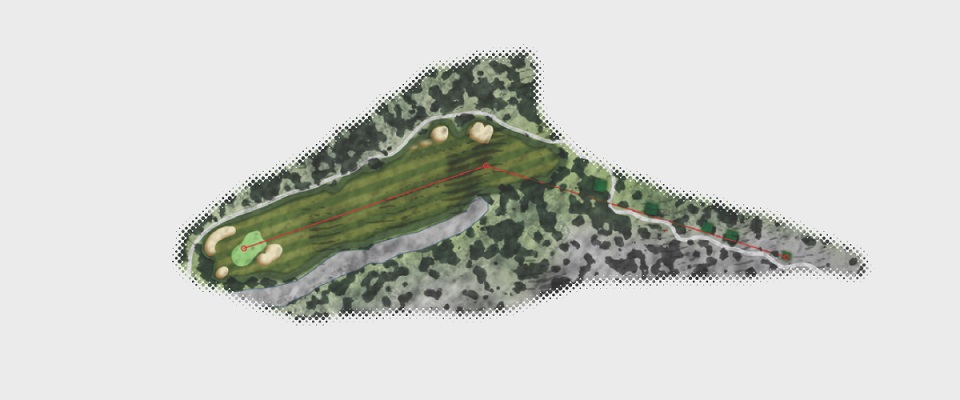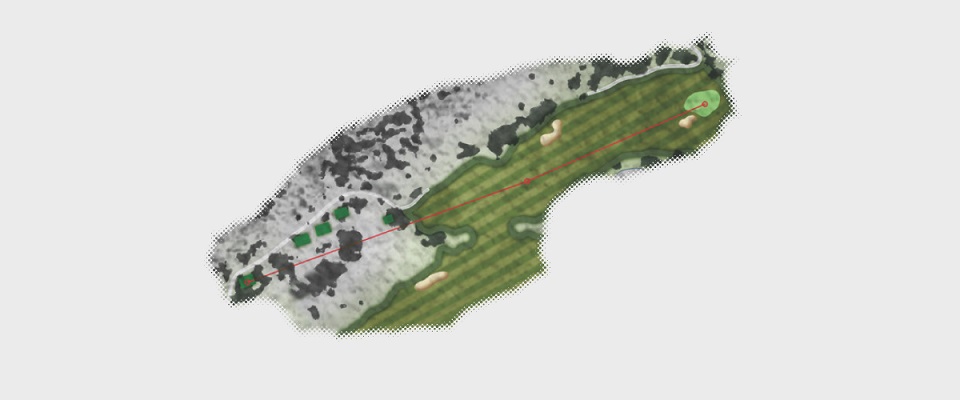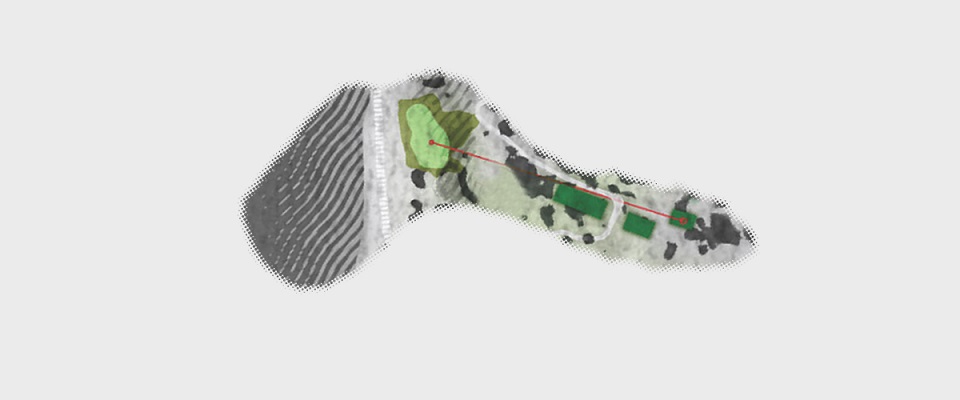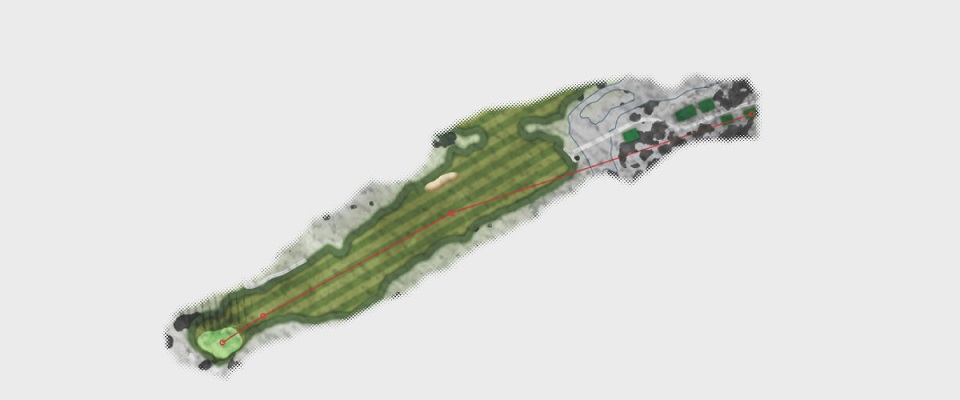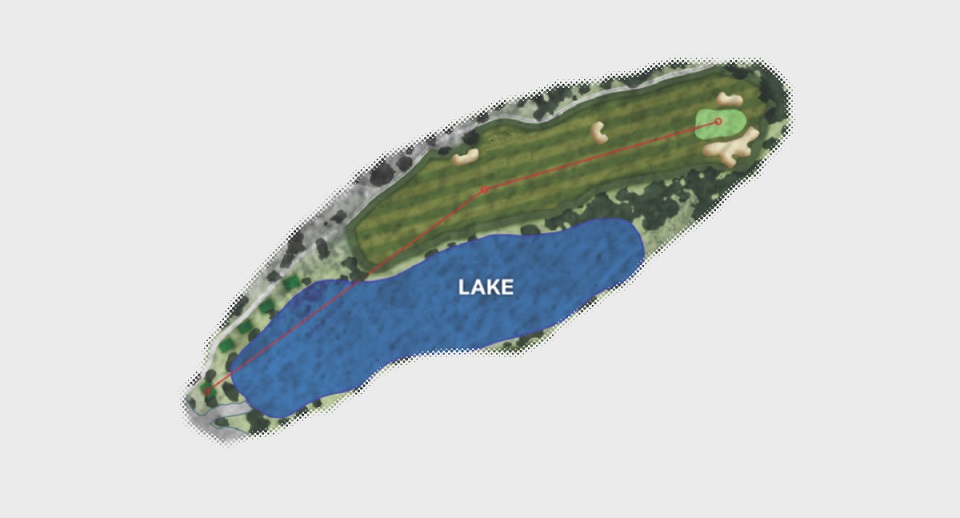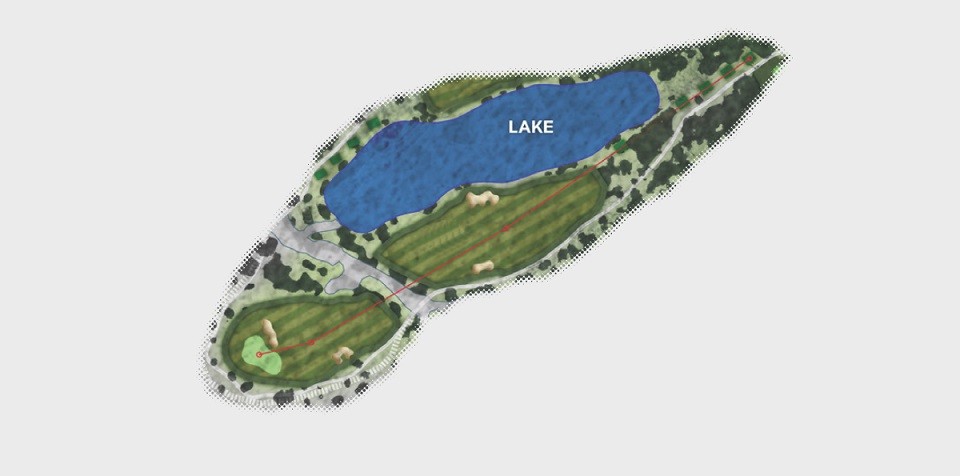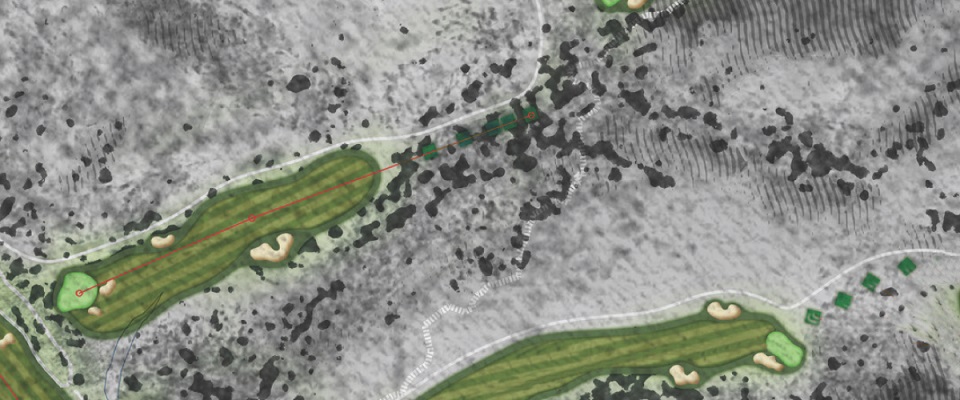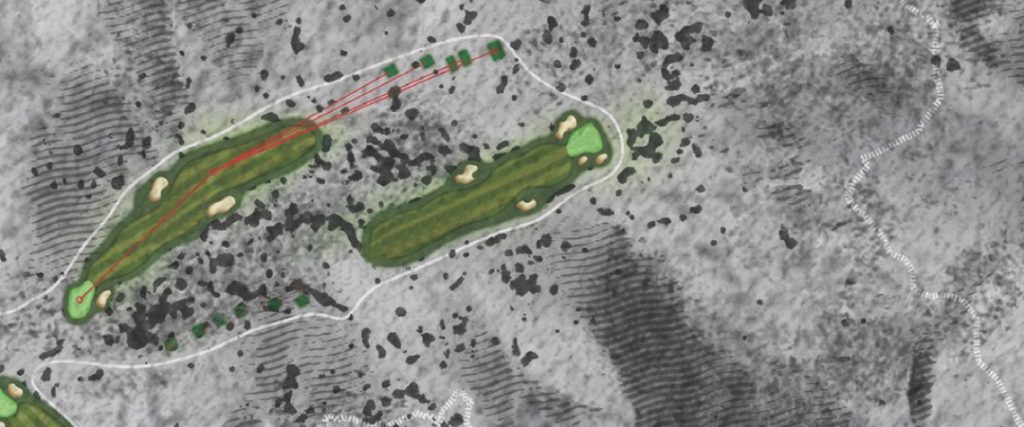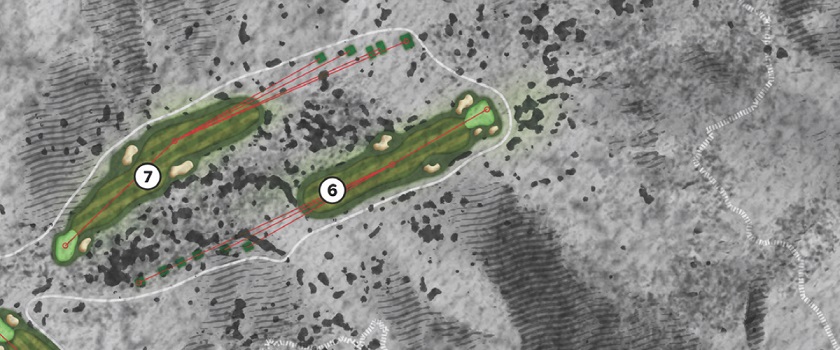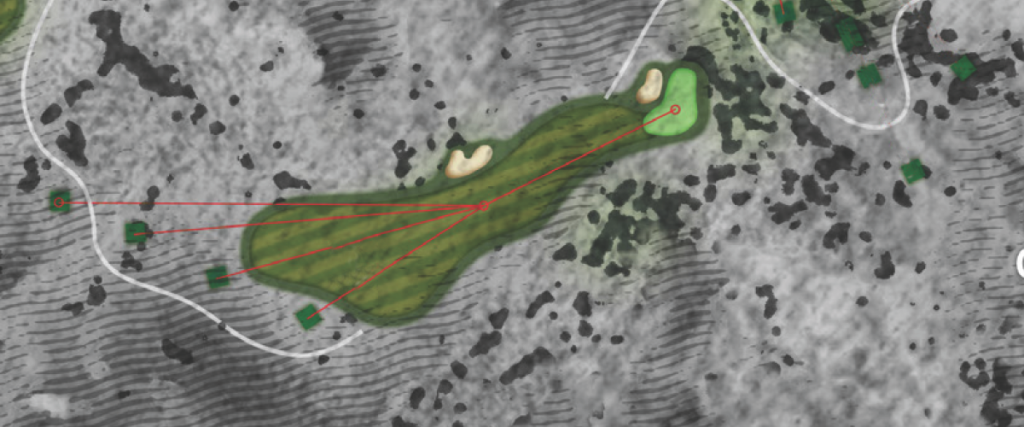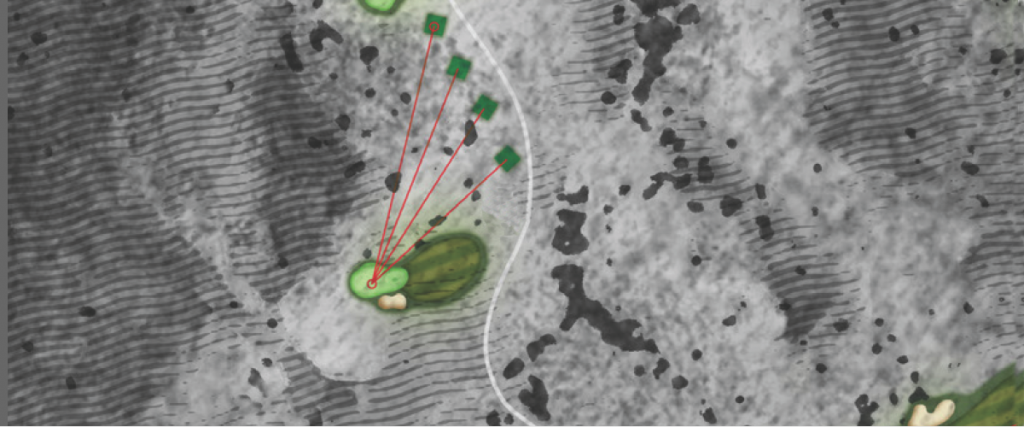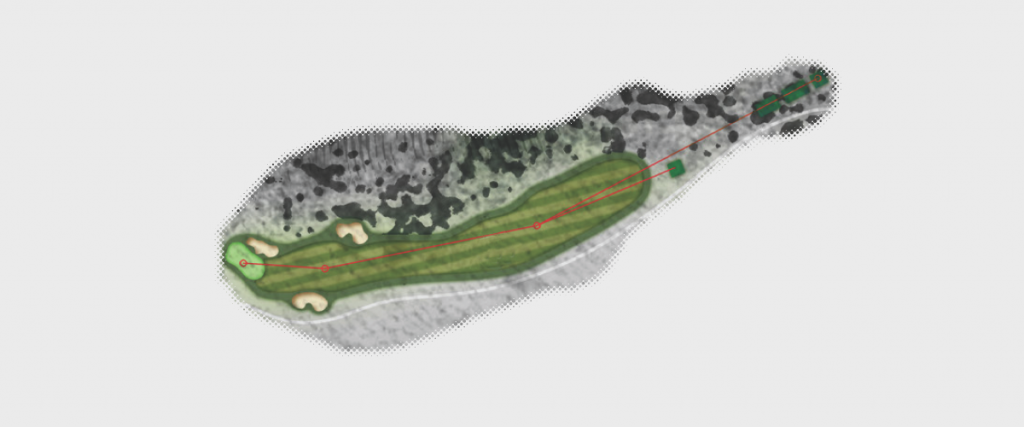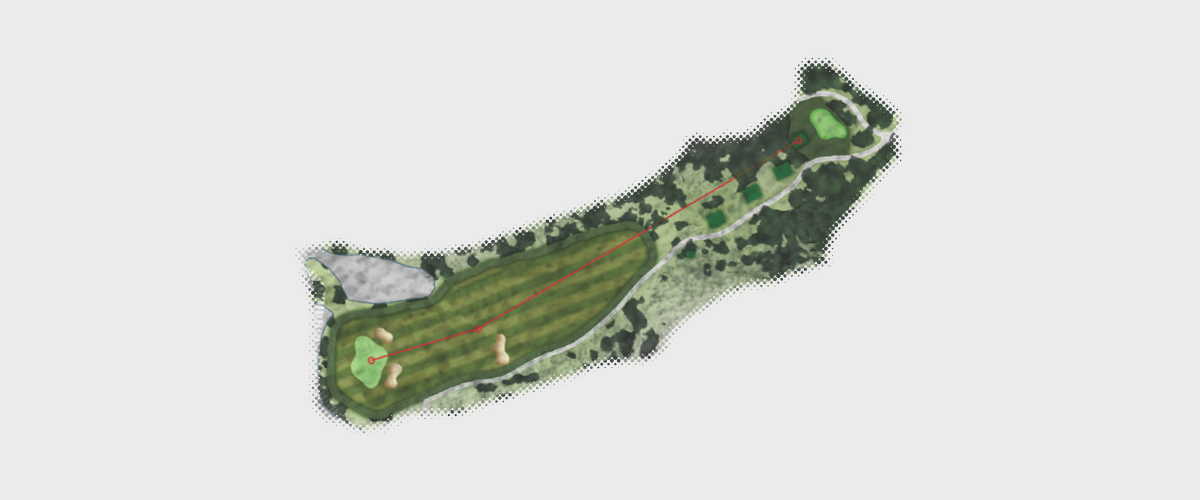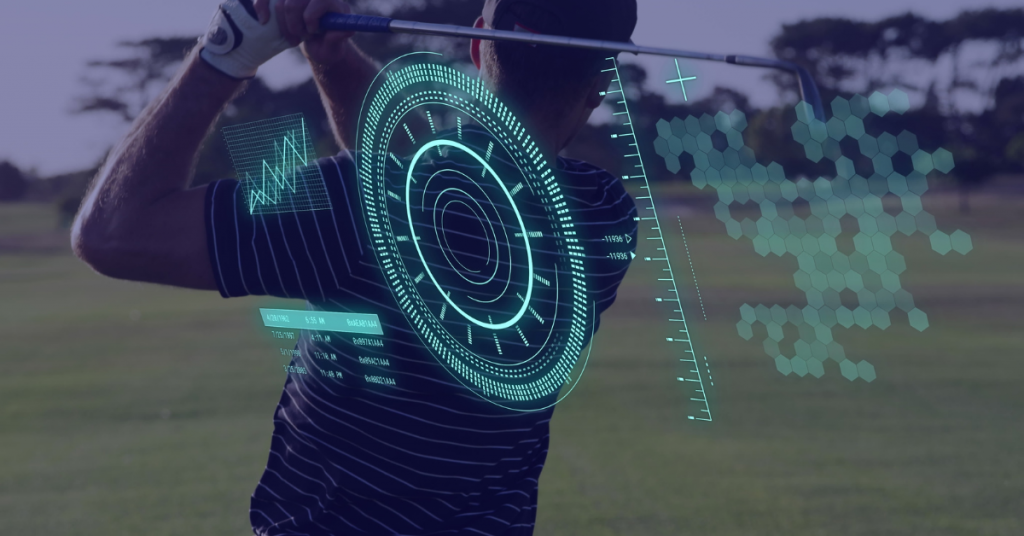


How Artificial Intelligence (AI) Is Positively Changing the Game of Golf
Formerly the province of futurists, AI (artificial intelligence) is now an everyday reality. Not only are robots among us, in many ways they’ve already taken over. Despite the cautionary tales of science fiction, it’s not the end of the world, merely the beginning of a new one.
What is AI? Intelligence demonstrated by machines, as opposed to the natural intelligence exhibited by humans and other animals. AI can interpret external data, learn from it and use what it’s learned to complete tasks and achieve specific goals through flexible adaptation. AI, a.k.a. “machine intelligence,” can closely mimic cognitive functions such as learning and problem solving.
In the right hands, AI is a powerful tool that is already impacting most aspects of everyday life. From learning to reasoning to self-correction and creativity, AI is influencing how we all live, work and play.
What is golf’s relationship to AI? It’s cozier than you might think.
According to a recent Golf Digest article, “Any golfer who has booked an online tee time and then received an email offering a free round on his or her birthday has experienced AI. These tools help businesses, employees and customers solve complex issues faster and work smarter.
“Golfers who want to play better are using AI technology and tools to help improve their swings and choose the best-performing clubs. Unlike typical golf technology enhancements, such as rangefinders or launch monitors, AI creates intelligent systems that operate autonomously and make real-time decisions.”
AI-Generated Advances in Club Fitting, Club Design & Coaching
Here are five ways AI technology is creating positive change in the game of golf.
1. Improved Club Fitting
All serious golfers know the importance of having the right clubs to fit their particular swing. AI has already been incorporated into the technology used by most club fitters, enabling amateur golfers to improve quickly. With the help of AI, club fitters can identify which clubs are best for each player with just a few swings with a 7-iron based on ball flight, spin rate, launch angle and clubhead speed.
2. Club Technology
In addition to helping golfers find the right clubs, AI is also assisting in the design of those clubs. For example, Callaway’s Epic Flash drivers and fairway woods are the byproduct of a $5-million supercomputer that ran 24/7 for four weeks, cycling through 15,000 variations to come up with the most optimal clubface technology.
According to Brian Williams, Callaway Golf’s V.P. of R&D, “AI helps us make custom-tailored clubs by utilizing fully optimized solutions. Our (AI) platform has been built by a dozen data scientists who are continuously evolving and expanding it, teaching it to do new things. AI is solving details in club construction in a way that’s not intuitive, and that a designer just wouldn’t be able to do.”
Callaway, among other manufacturers, is using AI to connect data systems from club fittings worldwide. Fittings range from tour staffers and elite amateurs to weekend duffers and novices. Clubs are now being developed based on targeted, segmented player types. Millions of data points from tens of thousands of golfers inform decisions on how to develop and build clubs for specific types of players.


3. Enhanced Coaching
With AI-powered sensors and cameras used to track a golfer’s swing, coaches — whether in-person or virtually — are now better able to design training programs. Want to try to coach yourself? Using AI-powered chatbot tools (such as ChatGPT) for swing tips is a simple, low-budget way to seek game-improvement advice. These new AI-powered coaching tactics are enabling amateurs to become more efficient in their training–and more knowledgeable in all aspects of their game.
Tournament Golf on TV is Better Thanks to AI
For a top player, generative AI in the future will provide analytics to explain why a fairway is best missed to the left rather than to the right, or which side of a green would statistically lead to a greater chance of a three-putt.
For the average player, the greatest impact of AI is likely to come via virtual reality training.
“AI is the future when it comes to training aids,” said Brian Verdugo, CEO of data mapping company iGolf. “How many beginner golfers would prefer to avoid judgment by better players as they start learning the game? There is a massive appeal in the ability to enter a private room with a simulator and work with a friendly avatar customizable to one’s personal style of coaching.
“The end result: positive affirmation instead of a tougher, more motivational approach. A fit for everyone? Of course not. However, younger generations will likely be more comfortable with newer approaches to learning how to play golf, and AI will be one of them.”
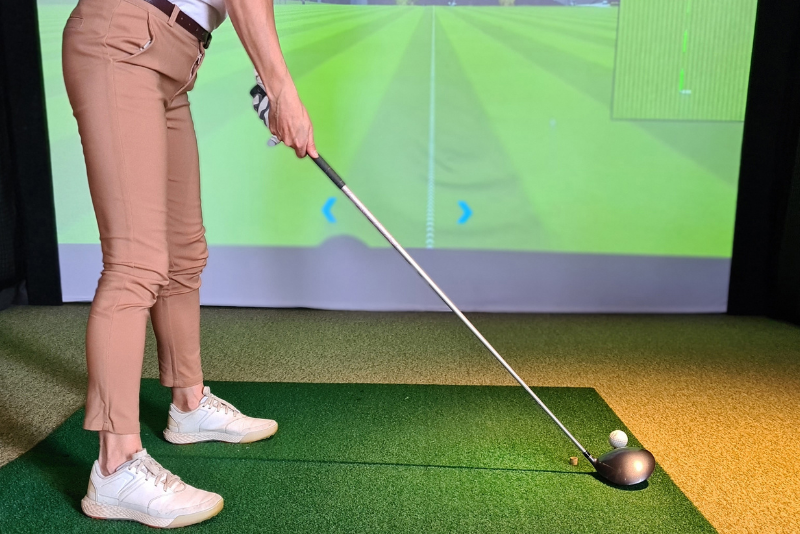

4. Fan Experience
For those who watch golf on TV, attend events in person or both, AI is significantly improving the viewing experience. Golf fans watching the sport on TV benefit from AI tools like the PGA Tour’s ShotLink system, which tracks roughly 32,000 data points per tournament and instantly translates that information to broadcasters who use it to provide real-time player performance. AI-generated data and insights will only continue to improve over time.
5. Improved Course Management / Maintenance
The use of advanced AI technology to monitor factors such as weather patterns, optimal tee-time intervals, course-layout options and agronomy is helping to reduce the amount of time needed to play 18 holes. It is also assisting golf course management companies and superintendents to run their operations more efficiently.
Golf Digest concluded, “While you may not entirely understand how AI works or why it is so revolutionary, most golfers can all agree on one thing – if it can help lower your scores or increase your enjoyment of the sport, the technology is a welcome addition to the game.”








